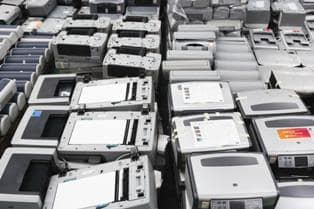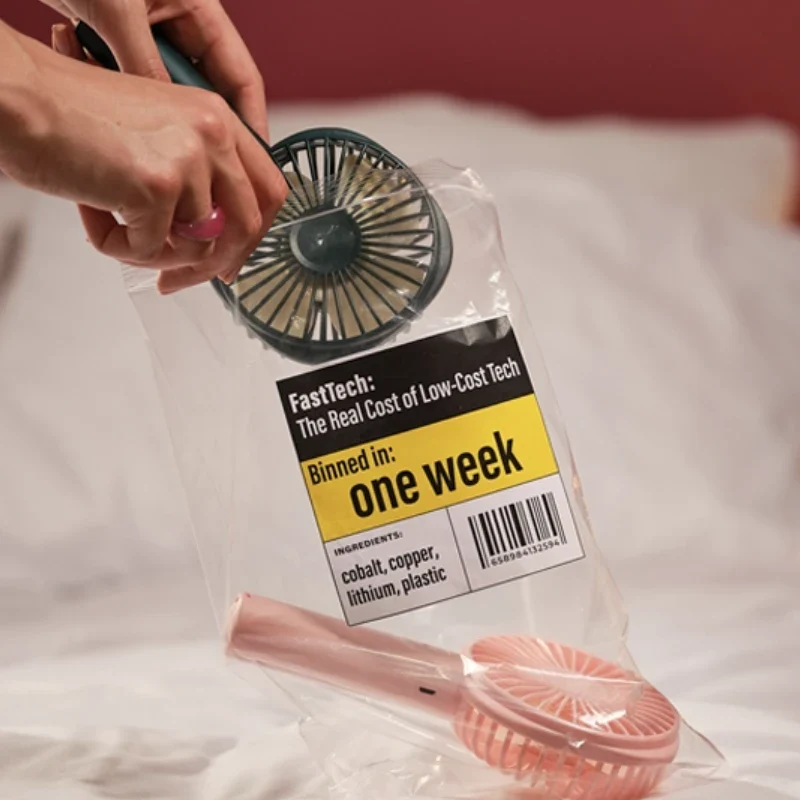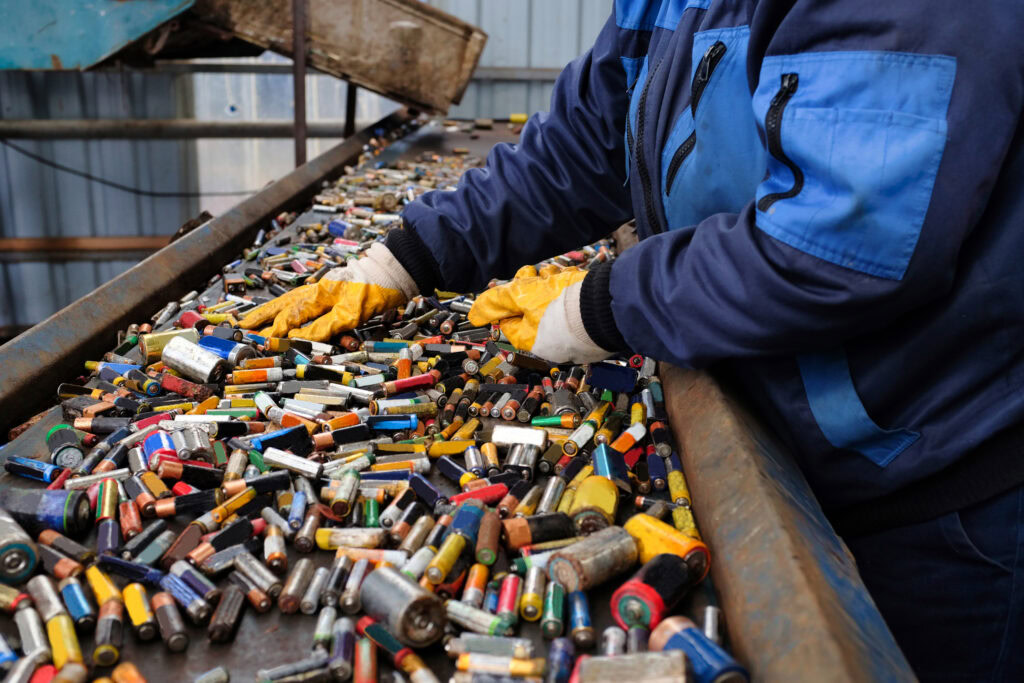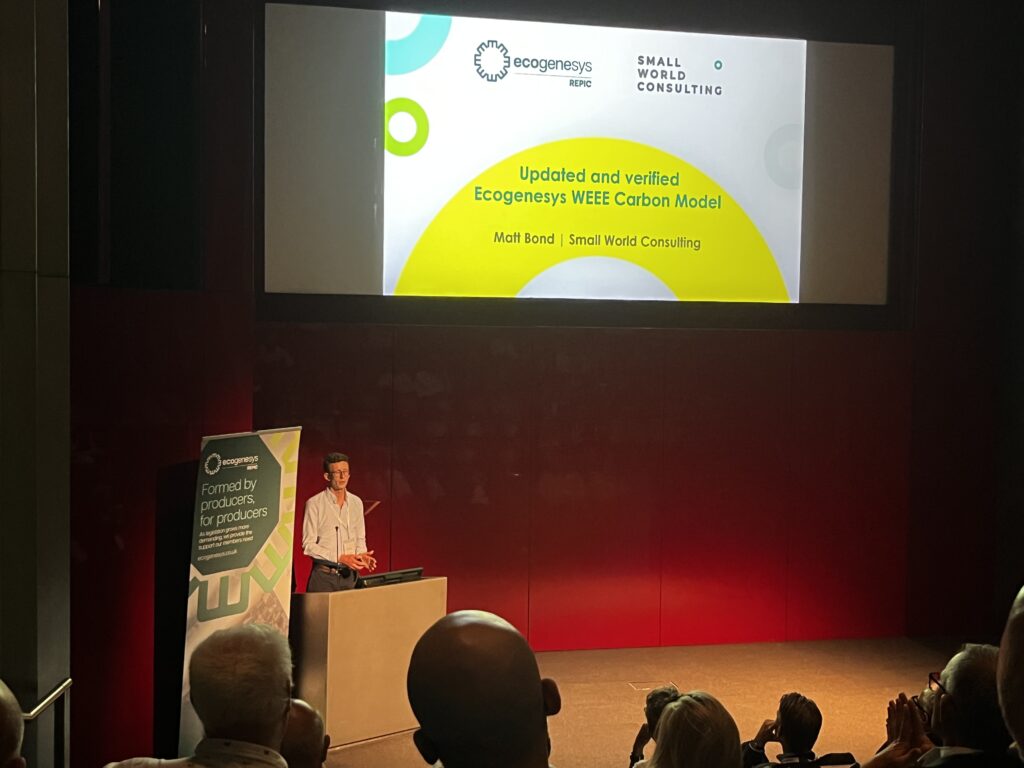Electronics manufacturers are ‘over-paying’ for the recycling of waste electrical and electronic equipment (WEEE), according to a new report published by Hewlett Packard.

The report suggests that since the introduction of WEEE regulations in the UK, a rise in commodity prices has made WEEE recycling more profitable to WEEE processors. Despite this potential rise in recycling revenue, producers are still paying roughly the same to demonstrate WEEE compliance, than when WEEE compliance was introduced.
According to HP, the WEEE market has settled into a convenient operating position at the expense of manufacturers and consumers which, the company claims, is helped by a lack of transparency in the market.
Dr Kirstie McIntyre, head of environmental compliance at HP in Europe, Africa and the Middle East, said: Under current UK regulations producers are not charged the actual costs of recycling. Instead prices are agreed between producers compliance schemes and waste management companies acting on behalf of municipalities.”
Compliance
HPs report estimates that producers paid anything up to 40-50 million in compliance charges in 2010, claiming that producers are being exploited by these high charges.
Dr McIntyre added: The WEEE Directive was created as part of the concept of producer responsibility. However, producer responsibility was based on waste being a cost. In this new era when waste has a value, policy should instead focus on ensuring all waste is properly treated and reported, that producers pay for waste where this is a cost, and that effective measures are in place to prevent waste escaping by illegal export.
Last week, the European Parliament endorsed plans to introduce new targets for the collection and recycling of WEEE and to implement a free drop of service for small WEEE items at medium to large sized electrical retailers (see letsrecycle.com story). The government has indicated that it may consider amending the WEEE compliance system, in light of the findings from HPs study and other factors.
Sympathetic
A spokesman for BIS, the government department responsible for the UKs WEEE sector, said: The government is sympathetic to concerns expressed about the cost of compliance with UK WEEE regulations. A revised WEEE Directive has just been negotiated in Europe.
We will need to consult on necessary amendments to the WEEE regulations, and, in doing, use that opportunity to consider other improvements we should make to the UKs WEEE system that are good for business and continue to drive up recycling rates.
Evidence
Dr Philip Morton, Repics chief executive, said: The report from HP identifies the key issues and costs that affect the UK WEEE system. Evidence notes prove WEEE has been treated and every note created in a year must be owned by a producer compliance scheme in that year, so the holder of evidence, has a certainty of sale regardless of price.
What this ultimately means is that collectors of WEEE can opt to generate an evidence note rather than hand WEEE over, retain any income from scrap, and then sell the evidence to the scheme that will pay the most for it. Perversely, a scheme not requiring evidence will always have an incentive to pay more because it can sell the surplus to a scheme that needs it.
Dr Morton added: “Unsurprisingly, prices increase each time evidence is transferred and equally importantly, the audit trail, where WEEE came from and where it was treated becomes more and more opaque, and the risk of illegal export – simply because more parties are involved – can increase as evidence transfers are just anonymous electronic payments.”
The good news is that there is recognition that the system isnt perfect and many stakeholders including Repic, are working to try to improve it with interim fixes such as encouraging WEEE collectors to partner directly with a scheme that needs their WEEE to finance its members obligations, until the recast provides the opportunity to introduce a better, fairer system.
Report
David Adams, director of WEEE compliance scheme Econo-Weee, said he believed there may be some truth to the report, arguing that there could be more competition for contracts.
Speaking to letsrecycle.com Mr Adams said: Since the regulations began, we have seen the cost of reprocessing plummet, whilst at the same time there has been an increase in the positive scrap value derived from WEEE. There is a perceived value to evidence that to the most part, bears no resemblance to the true cost of recycling.”









Subscribe for free